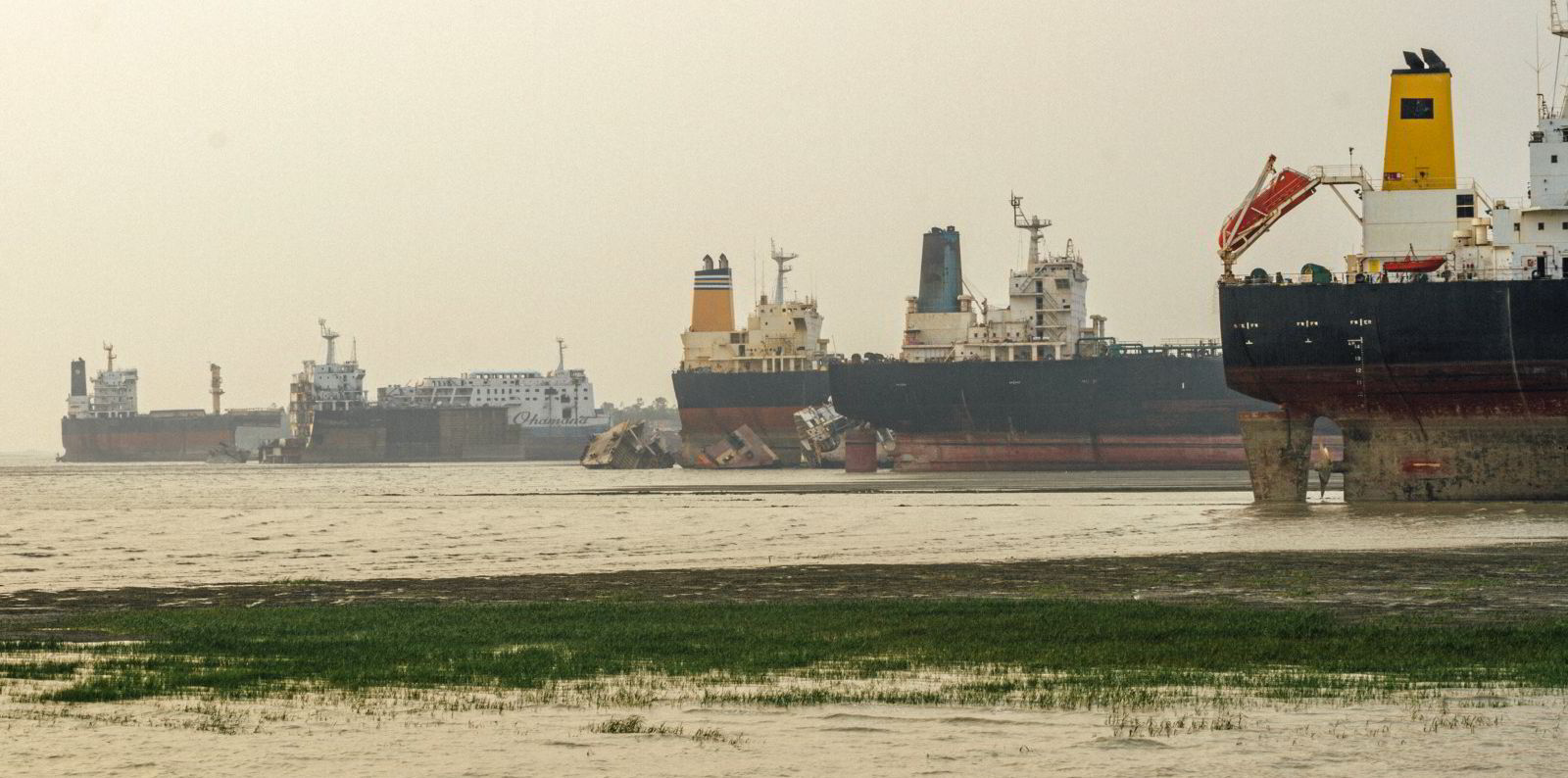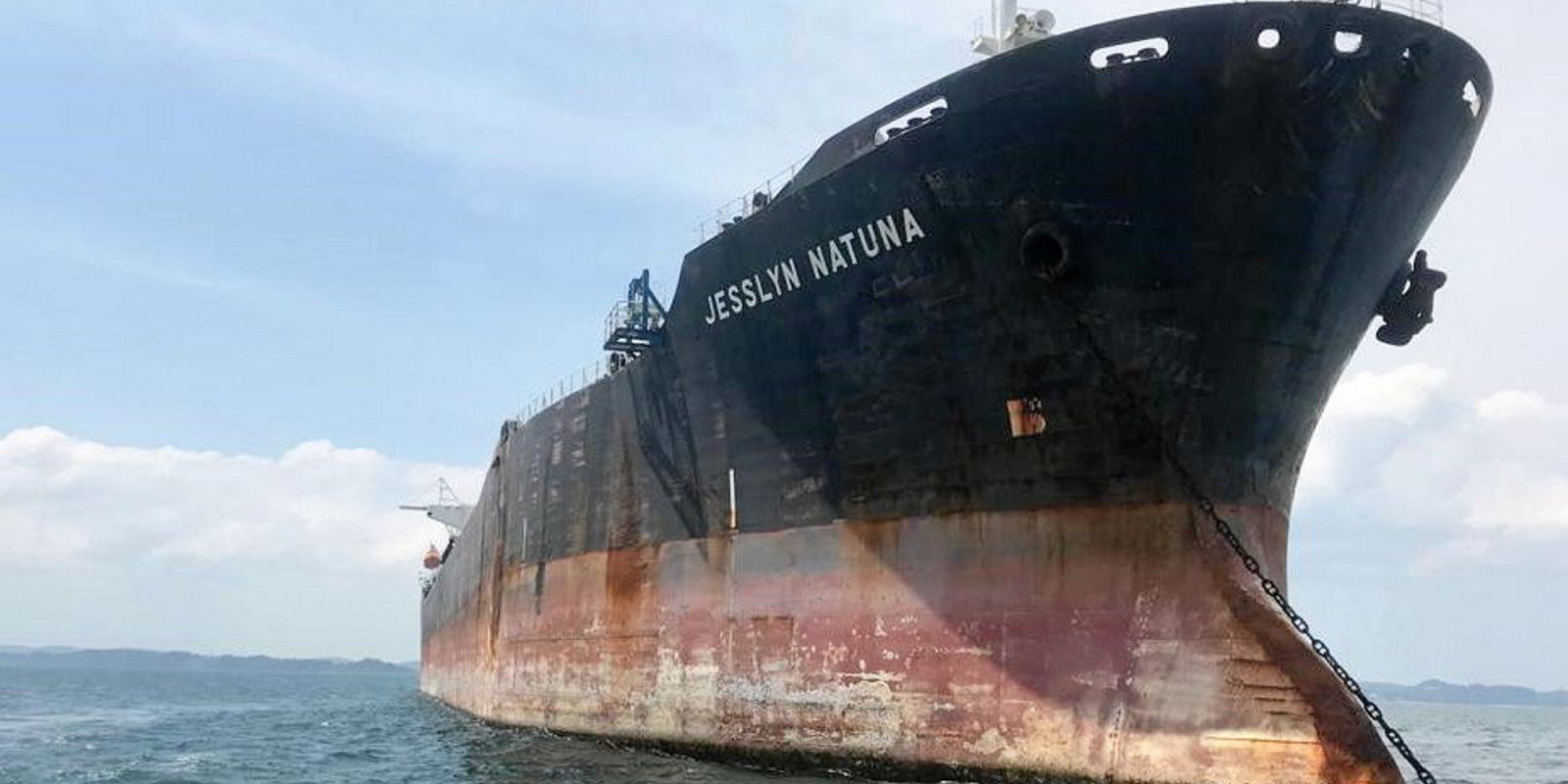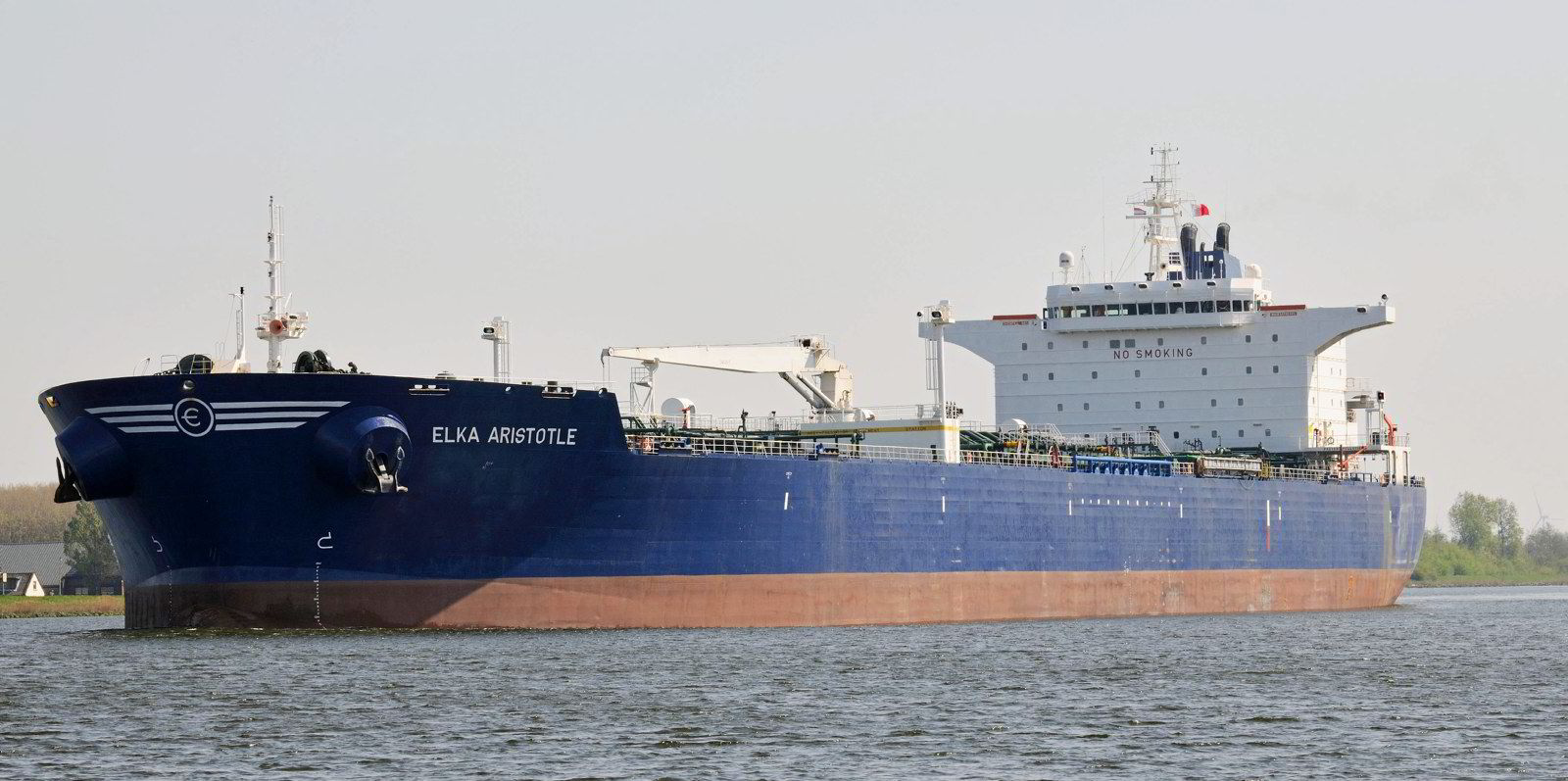Greece’s Centrofin Management has resumed scrapping tankers, providing further impetus to a relatively busy demolition year for oil carriers.
The 106,500-dwt aframax CE Niriis (built 1998) is at a Bangladeshi anchorage at Chattogram, as Chittagong is now known, and is expected to head towards a local demolition yard soon, ship management sources in Athens said.
No pricing details have emerged for the Japanese-built vessel.
Its sale does not come as a surprise. The CE Niriis is the oldest ship in Centrofin’s fleet of more than 20 tankers. Dimitris Procopiou, who is the brother of George Procopiou of Dynacom Tankers Management, generally scraps his tankers when they are between 22 and 25 years old.
Four out of the last five tankers that Centrofin sold for demolition ended up with Bangladeshi recyclers, according to available VesselsValue data.
The last time the company carried out such a sale was in spring 2018 — another year in which weak freight rates led tanker scrapping to far exceed dry bulker demolition volumes.
A total 5.4m dwt of tanker tonnage has been scrapped since the beginning of the year, according to Clarksons data as of 4 June. That is 217% more than in the same period of 2020. Scrapped bulker tonnage, by contrast, dropped 38% over the same time frame to 4.2m dwt.
Tankers accounted for almost half of the entire 11.4m dwt of ship tonnage that has been scrapped so far in 2021, according to Clarksons.
Rising demolition values in the wake of soaring steel prices also played a part in the tanker scrapping revival. Greece’s European Navigation has been one of the most aggressive players, selling four tankers to cash buyers over the past weeks. None of these vessels were older than 20 years.
Demolition would be even higher were it not for employment opportunities that old tankers enjoy in US-sanctioned trades, some analysts argued recently.
"Despite almost every driver being supportive, scrapping activity has underperformed during 2021,” Gibson Shipbrokers said in a report published on 28 May.
“Gibson remains convinced that a key driver behind this is the presence of buyers willing to pay a premium price for vintage tonnage to operate in sanctioned trades,” the London-based brokerage added.






